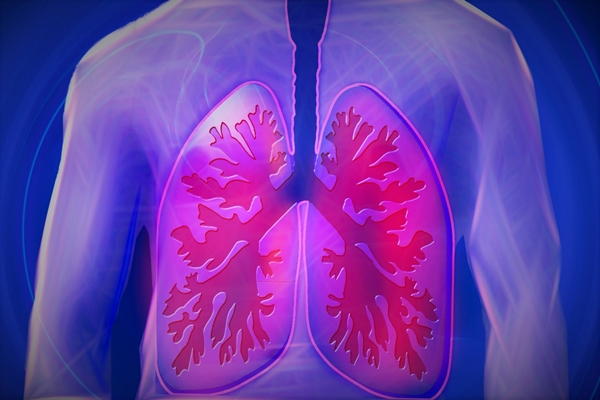16 Apr. 2020. A clinical trial in the U.K. is testing early steps to help the breathing of people hospitalized with Covid-19 infections to avoid later use of mechanical ventilators. The study is led by researchers from University of Warwick and Queens University Belfast, and plans to enroll some 4,000 participants at hospitals across the country.
As the Covid-19 pandemic continues to spread, many countries report growing numbers of cases and hospitalizations, including the United Kingdom, which according to Johns Hopkins University’s pandemic dashboard has, as of today (16 April), more than 99,500 cases. More advanced or serious Covid-19 infections often result in inflammation and fluid build-up in the patients’ lungs reducing their breathing ability, and thus needing help to breathe.
In most cases today, that help is provided with ventilators, large electronic and mechanical devices used in intensive care that connect to an oxygen source and send pressurized oxygen into the patient’s lungs. A ventilator is an invasive device, requiring a trained clinician to insert a tube through the patient’s mouth or nose into the windpipe, allowing oxygen to flow to the lungs. Sedating the patient is often required to insert the tube. While a ventilator helps a patient breathe and allows time for the lungs to heal, it does not treat the infection itself.
A team led by critical care professors Gavin Perkins at Warwick and Danny McAuley at Belfast is testing simpler and less invasive alternatives to mechanical ventilation, which they believe could be used before lung damage occurs. The clinical trial is enrolling 4,000 participants hospitalized with Covid-19 infections, randomly assigned to receive one of three breathing assists before ventilation is needed:
– Continuous positive airway pressure, or CPAP, that provides pressurized air through a tight-fitting mask, similar to the machines worn by people with sleep apnea. Science & Enterprise reported last week on engineers at Auburn University converting a CPAP machine into a mechanical ventilator at a small fraction of the cost.
– High flow nasal oxygen, a technique that provides warmed and moistened oxygen through the nose
– Standard care, using oxygen delivered through a normal face mask.
The researchers are measuring the need for mechanical ventilation and patient death rates in the 30 days following use of these techniques, as well as time spent by patients in intensive care and hospitals. And according to the study’s registration, in a break with usual clinical trial protocol, the team plans to enroll patients without seeking prior consent. The document notes, “many participants are likely to be confused and due to Covid-19 visiting will be restricted. In addition, for the treatments to be effective, they will need to be started as quickly as possible to have the best outcomes.”
The trial began in March and expects to conclude by May 2021. A report in a U.K. newsletter published today says six patients in Manchester are already taking part in the study.
More from Science & Enterprise:
- Anti-Viral Drug Treats Some Severe Covid-19 Cases
- Trial Shows Rare Disease Drug Treats Covid-19 Patients
- Simple, Inexpensive Ventilator Developed [Updated]
- Trial to Test Arthritis Drug for Covid-19 Pneumonia
- WHO Beginning Covid-19 Therapy Trial
* * *


 RSS - Posts
RSS - Posts
You must be logged in to post a comment.